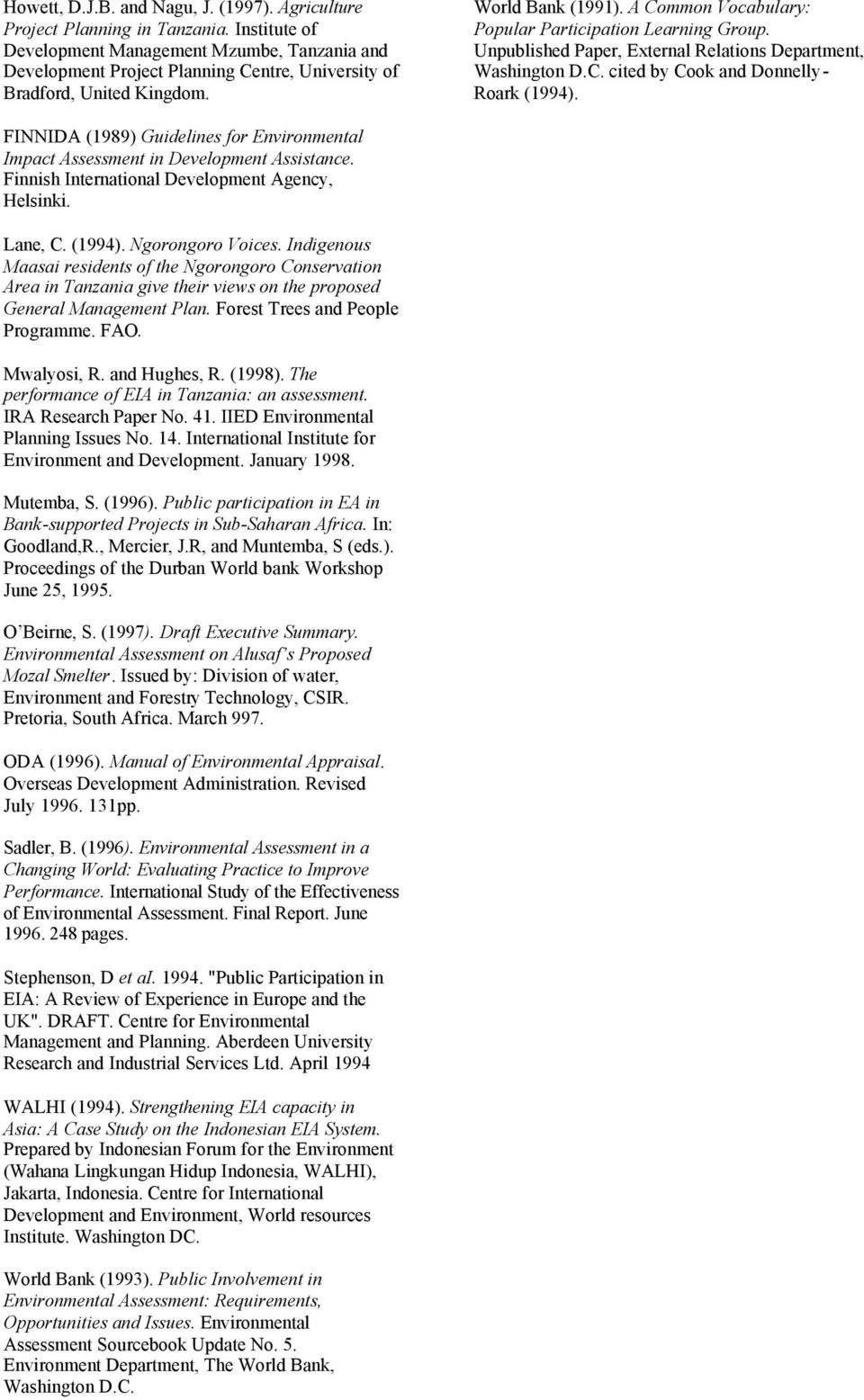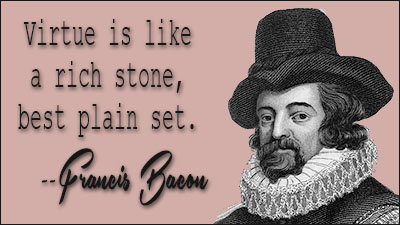Fidel's Ethics of Violence: The Moral Dimension of the.
Fidel Castro's most original contribution to revolutionary and radical thought has been his development of an explicit ethical position on one of the most controversial issues of our time: violence. This book explores the evolution of Castro's political thinking -- and in particular how he philosophically reconciles violence, political power and morality.
This essay discusses the question if his maintaining in power was caused by his economic policies, namely his agriculture reforms, his reforms towards the ideals of the revolution and communism, the year of the ten million and the fight against the influence of foreigners, or by his social reforms, the influence of the foreign powers of the USSR and USA, the lack of an organized opposition.

The essays that comprise the twelve chapters of this book are drawn from a decade and more of thinking about Cuban ideology and its application in the wake of the passing of Fidel Castro, the charismatic founder of what these essays identify as Caribbean Marxism.

That is precisely what Dayan Jayatilleka, a steadfast progressist, a lecturer at the Department of Political Science and Public Policy at the University of Colombo and representative of Sri Lanka to the Human Rights Council at the UN in Geneva, has undertaken to do in a profound and important work titled Fidel’s Ethics of Violence, published.

This paper will discuss a brief history of Fidel Castro, his leadership styles, characteristics, and the determinants that occurred during his rise to prominence. It provides his sources of power, and further examines his effectiveness or non effectiveness as a leader.

The Cuban revolution headed by Fidel Castro succeeded in overthrowing Batista and establishing a Communist dictatorship in Cuba. Throughout this struggle for change Fidel Castro played a crucial role not only in contributing to the success of the Cuban Revolution in 1959 but extending the revolution beyond the seizure of power into a genuine social revolution which transformed Cuban society.

The Life and Life of Cuban Dictator Fidel Castro. Fidel Castro has been the dictator of Cuba since 1959. To be a Dictator means to have complete power over everything (people and Government) He won his seat in power after overthrowing Fulgencio Batista. Fidel leads the communist Cuba which has a big effect n the foreign and Castro was born in Biran, near Mayari, Cu.

Fidel Castro: The Cuban Missile Crisis. The purpose of this investigation is to answer the question to what extent was Fidel Castros role in Cuba more significant than Khrushchevs role in the Cuban Missile Crisis of 1962. The main body of evidence will investigate how Fidel Castro and Nikita S. Khrushchev were involved with the Cuban Missile Crisis.

Writing an essay on the Cold War seemed to be nonsense in the times that are described in the novel. However, when the novel was published, the introduction of the United States into the world of communism has become a widely discussed DBQ.

The General is tired and would like to relax. He has gone up against very powerful adversaries and the struggle has not been easy. Yet he has helped keep both Cuba and Fidel Castro alive and while that is no longer his direct responsibility, he finds it very difficult to put his mind at ease after almost four decades of living on the edge.

Read the following extracts from Fidel Castro’s “Second Declaration of Havana,” delivered in Havana, Cuba, on February 4 1962, and write a three-page essay answering the following questions: 1. How does Castro situate the political crisis in Latin America—including the development of the Cuban Revolution—in terms of economics and politics on a global scale?

Fidel Castro In Cuban Missile Crisis History Essay Scope: The investigation will focus in assessing the importance and significance of Fidel Castro’s role in the Missile Crisis of 1962. Method: Castro’s degree of significance will be evaluated through his roles in chronological stages of the Cuban Missile Crisis, along with the reference to the superpowers.

Hello, my name is Tyler Tietjen. For my ninth-grade oral history project I chose to interview my grandmother, Liliane Anita Tietjen. I decided to make Mrs. Tietjen the subject of this interview because of her experiences living in Cuba in the 1950’s and her first-hand knowledge of the rising of Cuba’s well-known dictator, Fidel Castro.


